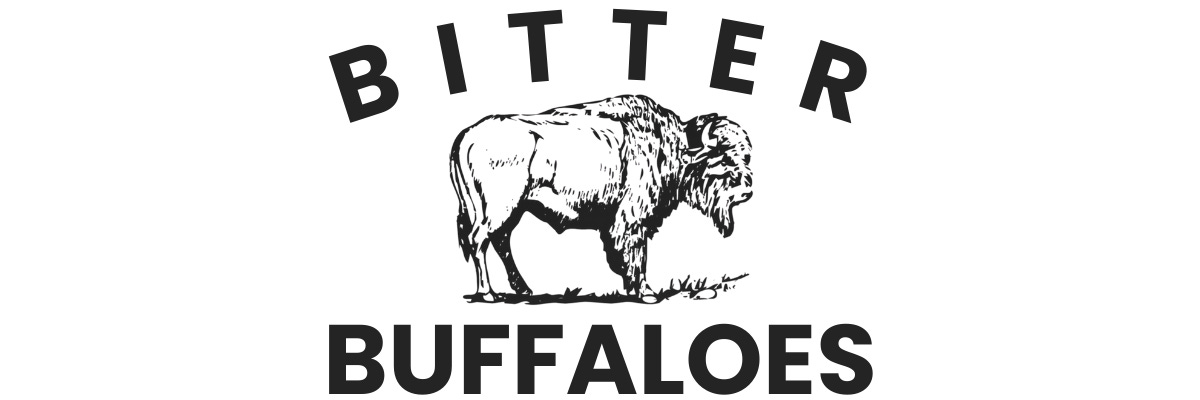Last night, I typed the final keystroke on the shitty first draft of my novel, Pennhollow. It’s been five years coming, although I wrote half the book this year. Truly amazing what dedicated and incremental progress does.
In celebration of this milestone I’m going to…start writing my next novel tonight. Gotta keep momentum. In two weeks or so, I’ll be back at it, working through a first pass edit and revision before hiring a professional editor to work with. If you know a great editor who trafficks in the world of literary fiction, historical fiction, and noir—please let me know.
So, here’s a short passage from the book to mark the moment:
Pittsburgh, April 1941
A fog hung over the Mon, except it wasn’t gentle, like fog―it merely looked like it, if fog were black and poisonous and viscid to the touch.
In the noonday sun, billowing soot rose from the great smokestacks along the river, caught a slow, swirling westerly wind, and marched through downtown Pittsburgh, suffocating the stately spires and blackening the proud towers, the monuments of power and wealth. The haze was permanent, impermeable, unmoving, draping the city, and although spring was blooming into summer, even at noon the sun was almost entirely obscured behind the otiose cloud. The sun was a long-forgotten friend in Pittsburgh.
On such days, frequent in this city, the office buildings that filled the triangle were forced to turn on all their lights, as if it were the dead of night. Management sat cloaked in a darkness of their own design, peering through thick lenses at black and white numbers. The gloaming was often brighter than early-afternoon; as the great coke plants and sprawling steel mills sprayed thirty-foot flames into the sky, a mild orange light spread over the workshop of the world.
But most of the time it just rained. No moon, no stars, no sun: just a thick sea of charcoal. One sculled through downtown Pittsburgh.
A deep, guttural growl erupted from the bowels of Mt. Washington. Out of the Wabash Tunnel, a long snaking train came chugging. It seemed to go on as long as pi, car after car after car. There was nothing aesthetically pleasing about the train: there was no art-deco styling, no artistic flairs. No fins. The locomotive pulled with the brunt force of utility. The cars flowed through the mountain with the inexorability of American capital, a tidal wave of steel and rail and smoke.
Somewhere on the invisible heights of Mt. Washington a priest took confession, barely able to murmur the demand for penance to the immigrant steel workers. It was difficult to demand much of them, most of the time. The petty little sins, the lapses of perfection, never seemed so insignificant in the seminary. These people never signed in blood; they spilled their blood, pints at a time. The ghosts of Carnegie and Frick might have been Satan and Mephistopheles, haunting the gravel and blood-stained asphalt at the Homestead works, lurking behind the corners of every McKeesport bar, ready to pounce on easy prey. It takes a faraway God to turn blood into money. Their blood. No mere vampire, no boogeyman. We are talking about some higher being, beyond day-to-day moral qualms, men to whom other lives are mere tools, a reconfigured transubstantiation. Blood and guts, bottom-lines. But these men, on their knees, they had only their small meannesses, their quick Irish tempers, their Italian insouciance. No books will be written about them, about their greatness. Instead, once a week they had to climb Mt. Washington and enter a house of God, had to confess to an overburdened priest and receive weekly blood transfusions through a tiny paper cup, one gulp at a time.
In the beginning there was Steel.
Silence was as common as a Mediterranean-blue sky in the river valley. Barges puffed down all three rivers, burning money to make money―the Krebs cycle of American business. Blast furnaces were fed engraved green paper and exhaled the hope of Pittsburghers, the trendrils of a snuffed-out cigarette. They could grasp only at fumes, sad exhalations, murmured promises. The only high for them was the one just missed, forever. A perpetual hangover. Life just out of reach: endured, but not for oneself. Hope was deferred to children. And yet, despite it all, they were not entirely sodden, not drowning in the murk of the foggy valley; they did not lack vibrancy. They exuded pride.
Carnegie built a beautiful library.




You establish a vivid setting with this opening salvo.
One thing I wanted was to latch onto a character, whether that be a protagonist, antagonist, or merely a side quest NPC. I was interested and relieved when you mentioned the priest, but you kept the formal, distanced narration. The priest doesn't hear the confession of a specific steel worker; he hears it from all steel workers, who you then describe in toto. How about a particular steel worker? This person would ground the reader while also communicating everything you said about all the immigrant steel workers. What is this man’s “small mean[ness]”? How is it related to his occupation? Does he cough a lot, a symptom of his work in a mill? Does he hate his boss and/or his corporate overlord?
The writing is good though. On my first read I felt a bit bombarded by the lengthy descriptions of the city, but on rereads I came to appreciate the writing more.
I don't know if these thoughts are productive for you and I don't know if you land on a character immediately after this salvo. It's just what I yearned for while reading it. Take that as you may.
Solid description though. It reminded me of 1952's Great Smog of London, which was well visualized in the show The Crown.